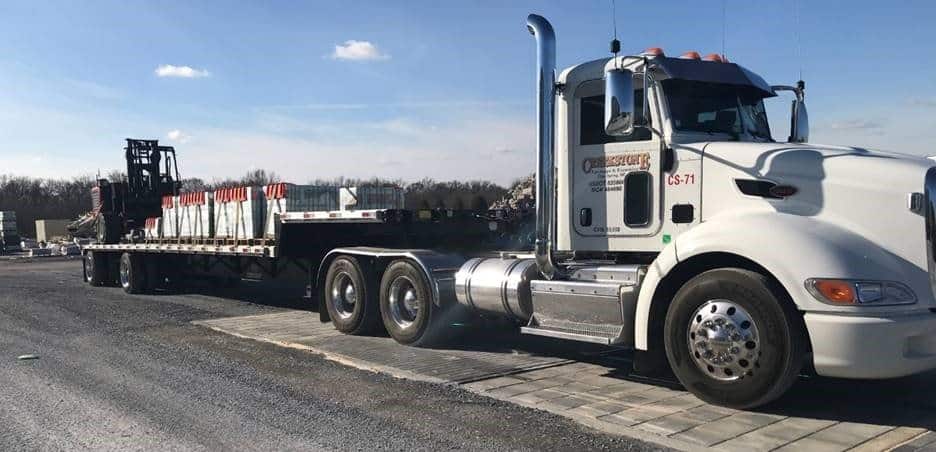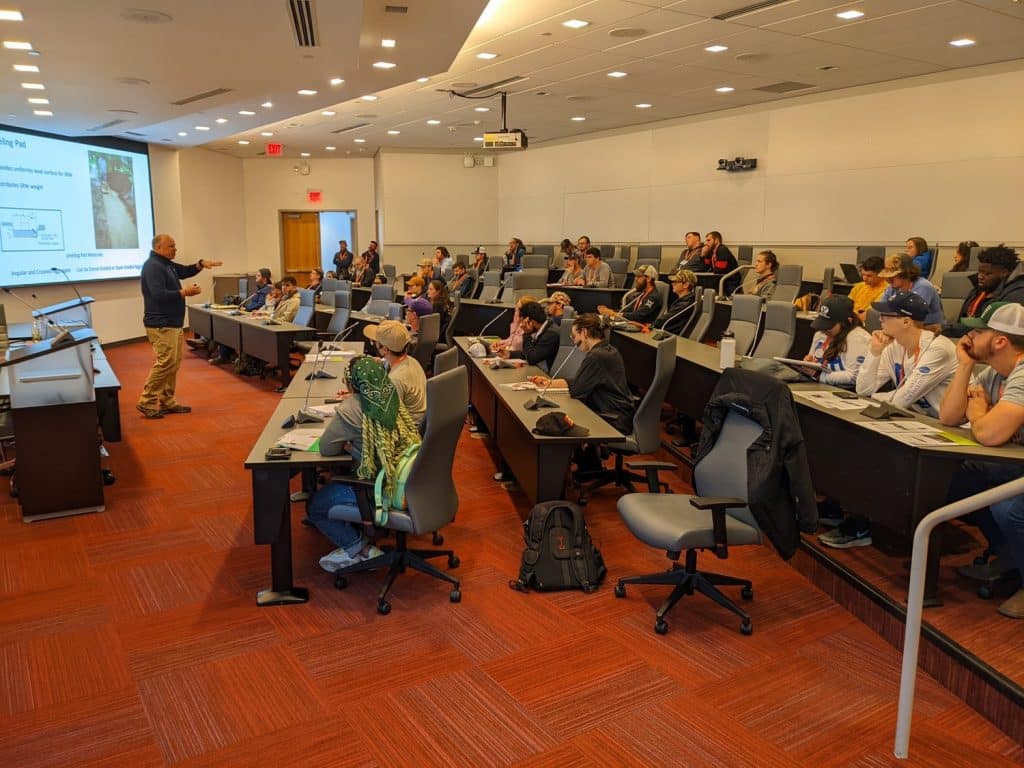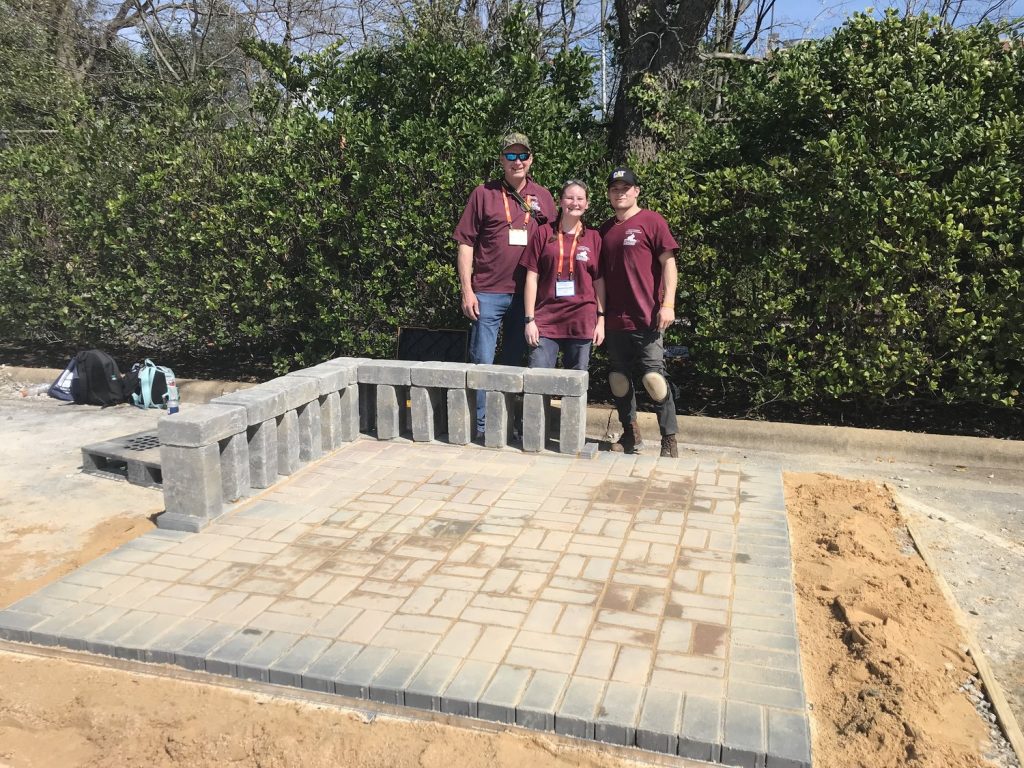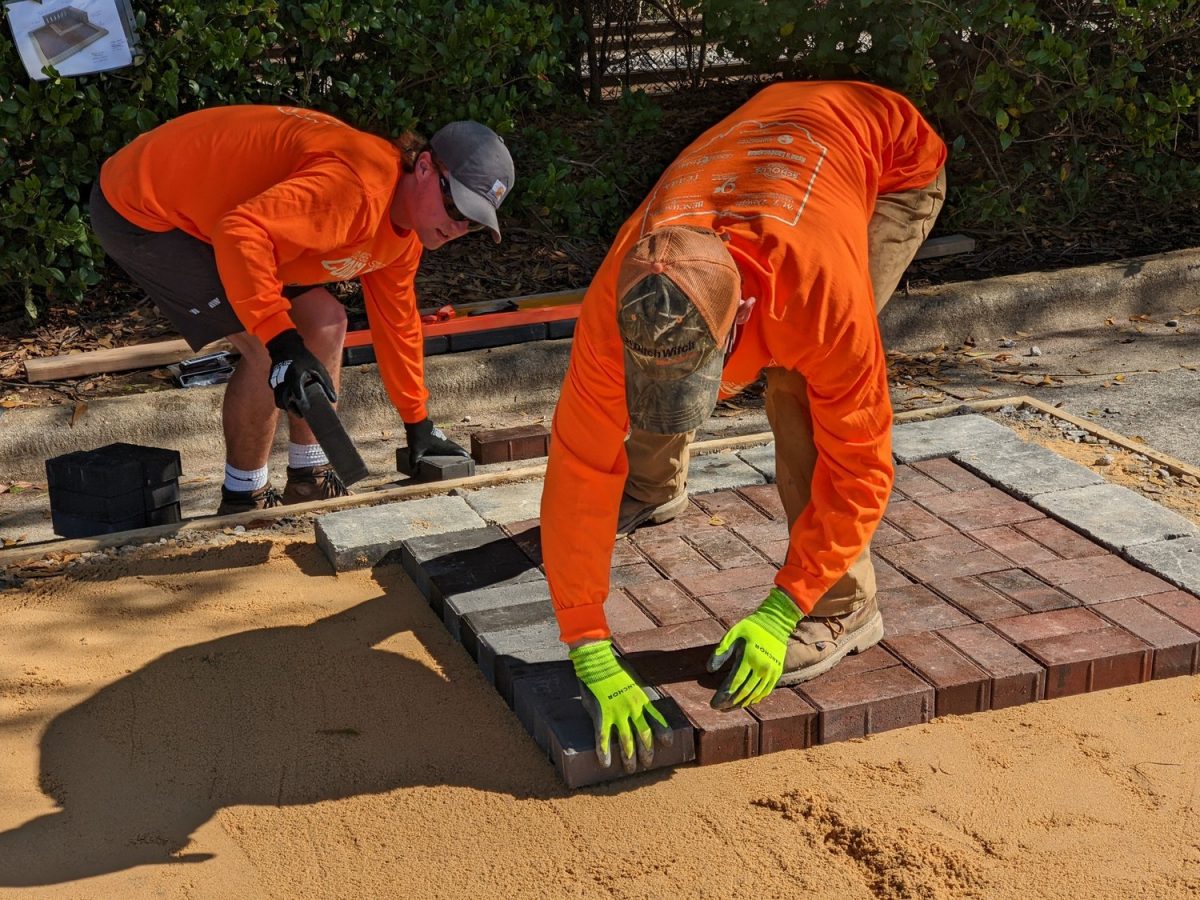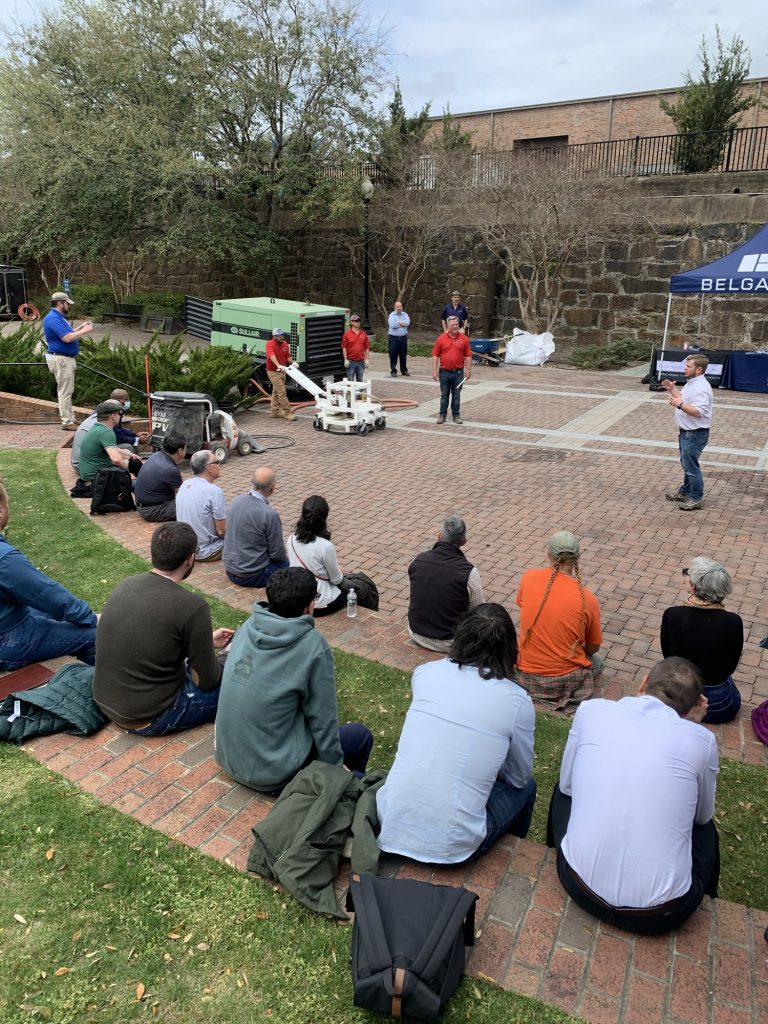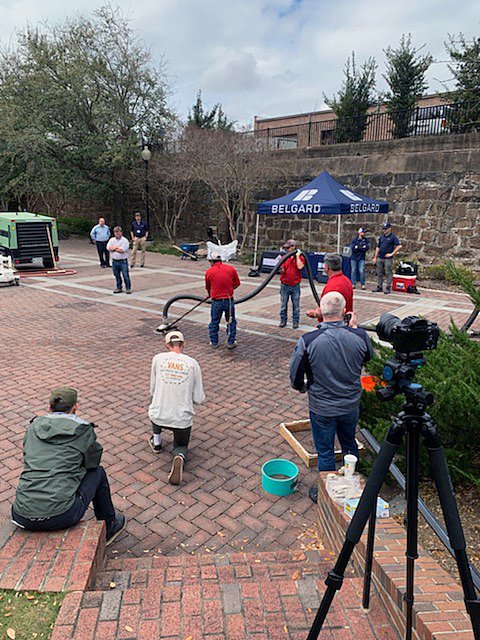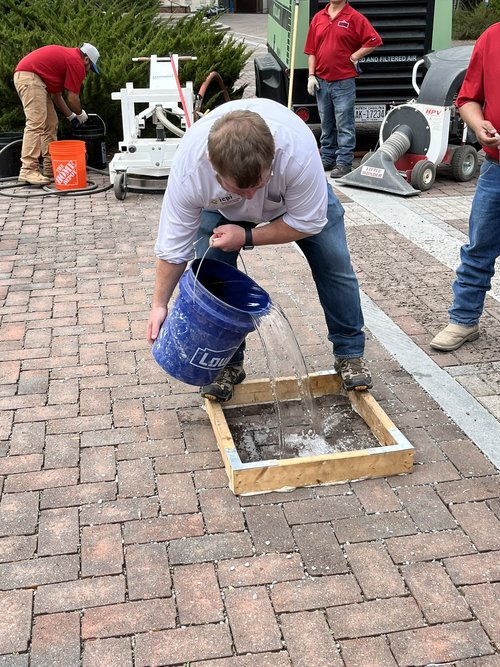Upcoming Webinars: Mastering SRW Design with SRWall 5.0 Software
Segmental Retaining Walls (SRWs) are integral to both landscape and structural design, offering unique aesthetic and functional benefits. To help designers and engineers fully leverage the potential of SRWs, CMHA is hosting two comprehensive webinars on the latest SRWall 5.0 software. Led by CMHA expert, Gabriela Mariscal, SRW Division Engineer, these sessions will cover the critical aspects of static and seismic SRW design.
Webinar 1: SRW Static Design with SRWall 5.0
Date: July 31
This session will provide an in-depth exploration of SRWall 5.0, focusing on the static design of reinforced SRWs. Attendees will learn how to effectively use this powerful software to achieve optimal design results, ensuring both functionality and durability.
Top 5 Objectives:
- Review SRW Components Understand the essential components that make up an SRW and their roles in the overall design.
- Review the Basic SRW Design Parameters Learn the fundamental parameters that influence SRW design and how to apply them effectively.
- Become Familiar with the SRWall 5.0 Software Gain hands-on experience with SRWall 5.0, exploring its features and capabilities.
- Learn How to Use the Software to Design a Reinforced SRW Wall Master the steps involved in designing a reinforced SRW wall using SRWall 5.0.
- Utilize Vendor Data Files (VDF) to Facilitate the Design Discover how to leverage vendor data files to streamline the design process and ensure accuracy.
Key Features:
- Structural Integrity: Ensure the design can handle the expected loads and stresses.
- Material Selection: Choose materials that offer the necessary strength and durability.
- Design Techniques: Apply industry-recommended techniques to achieve a robust and reliable design.
- Software Proficiency: Develop proficiency in using SRWall 5.0 to enhance design efficiency and effectiveness.
Webinar 2: SRW Seismic Design with SRWall 5.0
Date: August 28
Focusing on seismic design, this session will delve into the principles and practices essential for creating resilient SRWs in earthquake-prone areas. Gabriela Mariscal will guide attendees through the process of using SRWall 5.0 for seismic applications, ensuring designs meet the highest standards of safety and performance.
Top 3 Objectives:
- Review SRW Seismic Principles Understand the fundamental principles governing SRW design in seismic conditions.
- Review the Basic SRW Design Safety Factors Learn about the safety factors crucial to ensuring the stability and integrity of SRWs under seismic loads.
- Use SRWall 5.0 Software to Design a Reinforced SRW Wall Under Seismic Acceleration Gain practical experience in using SRWall 5.0 to design SRWs that can withstand seismic forces.
Key Features:
- Seismic Load Resistance: Ensure the design can withstand the dynamic forces of an earthquake.
- Material Selection: Use materials that provide adequate strength and flexibility under seismic stress.
- Design Techniques: Implement proven design strategies to enhance the resilience of SRWs.
- Software Utilization: Effectively use SRWall 5.0 to achieve precise and reliable seismic designs.
Why Attend These Webinars?
Attendees will gain invaluable knowledge on using SRWall 5.0 for both static and seismic SRW designs, enabling them to create structures that are not only visually appealing but also structurally sound and capable of withstanding various loads. These webinars are essential for professionals aiming to stay ahead in SRW design and ensure their projects meet industry standards.
Secure your spot today:











